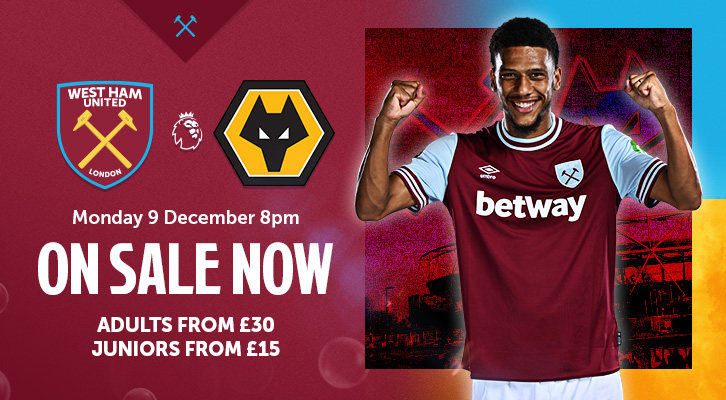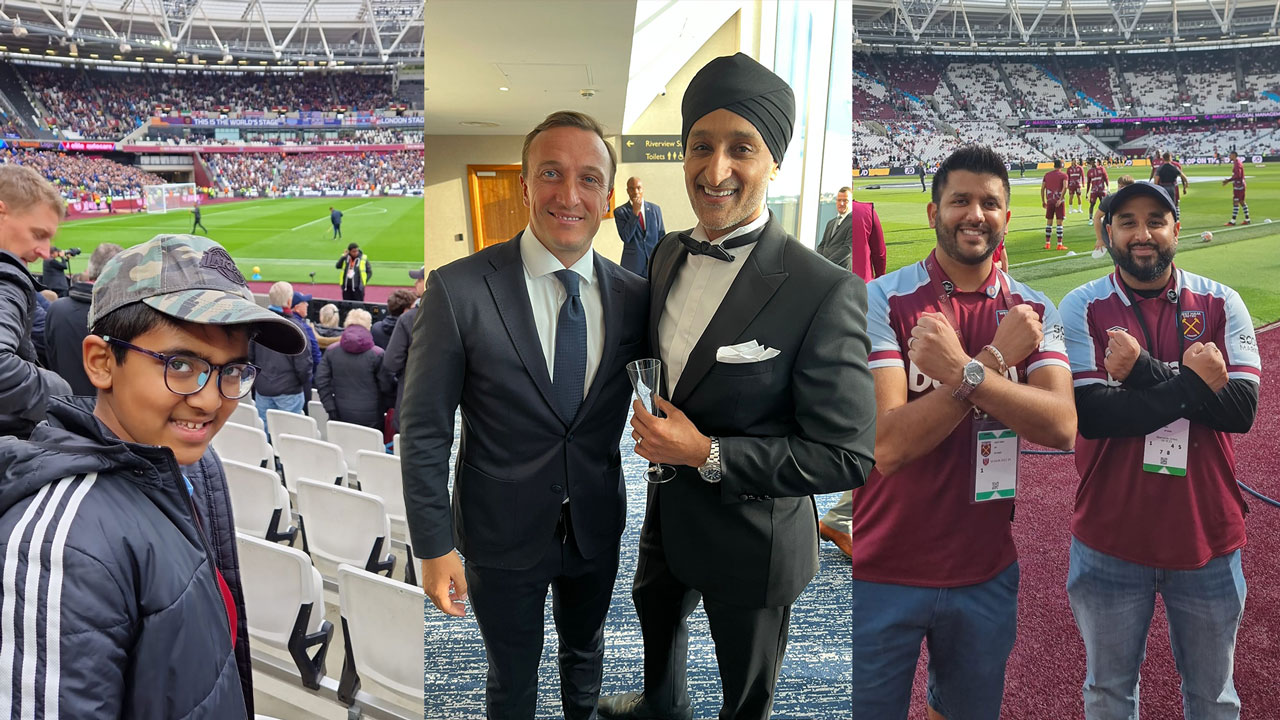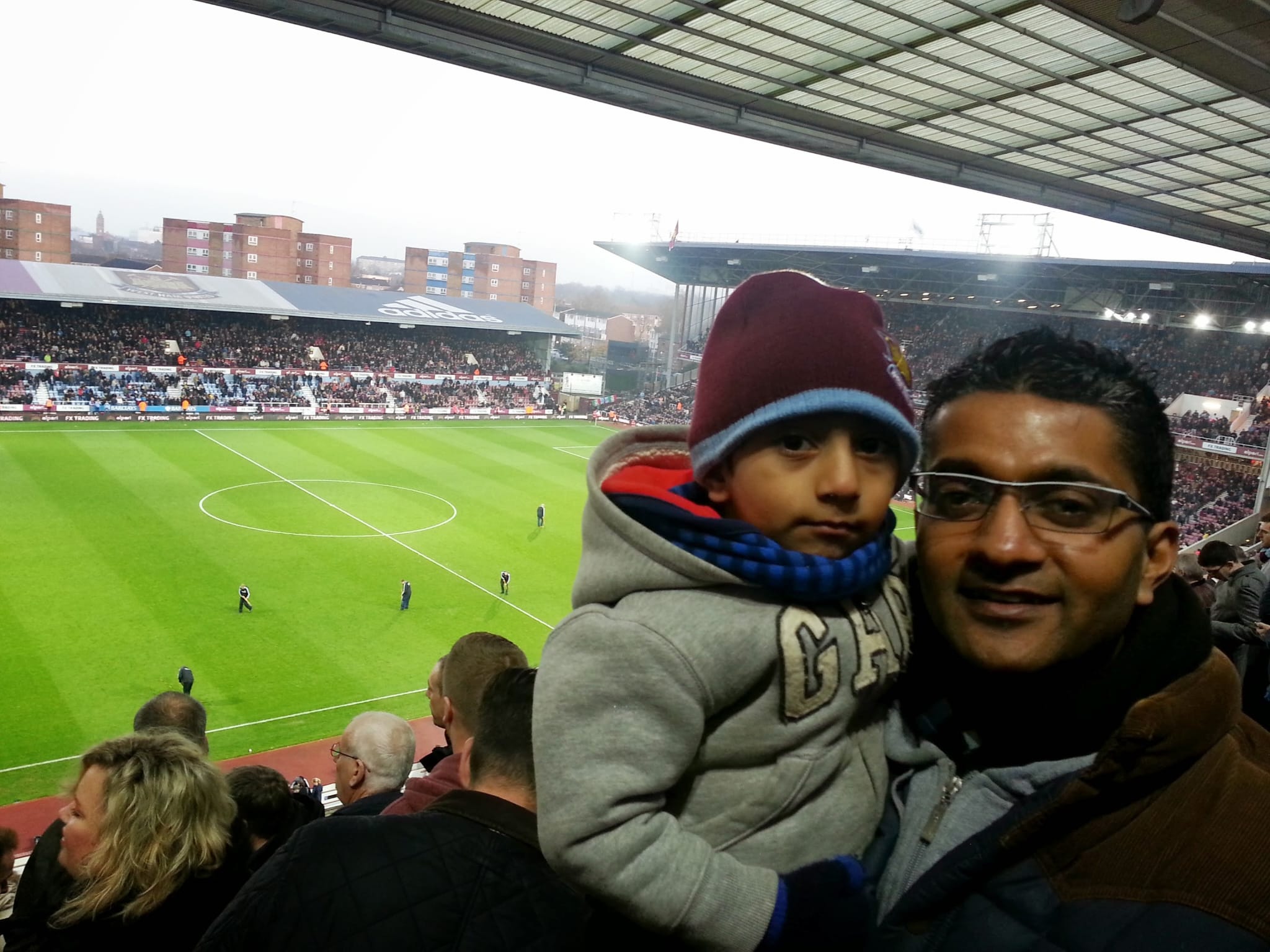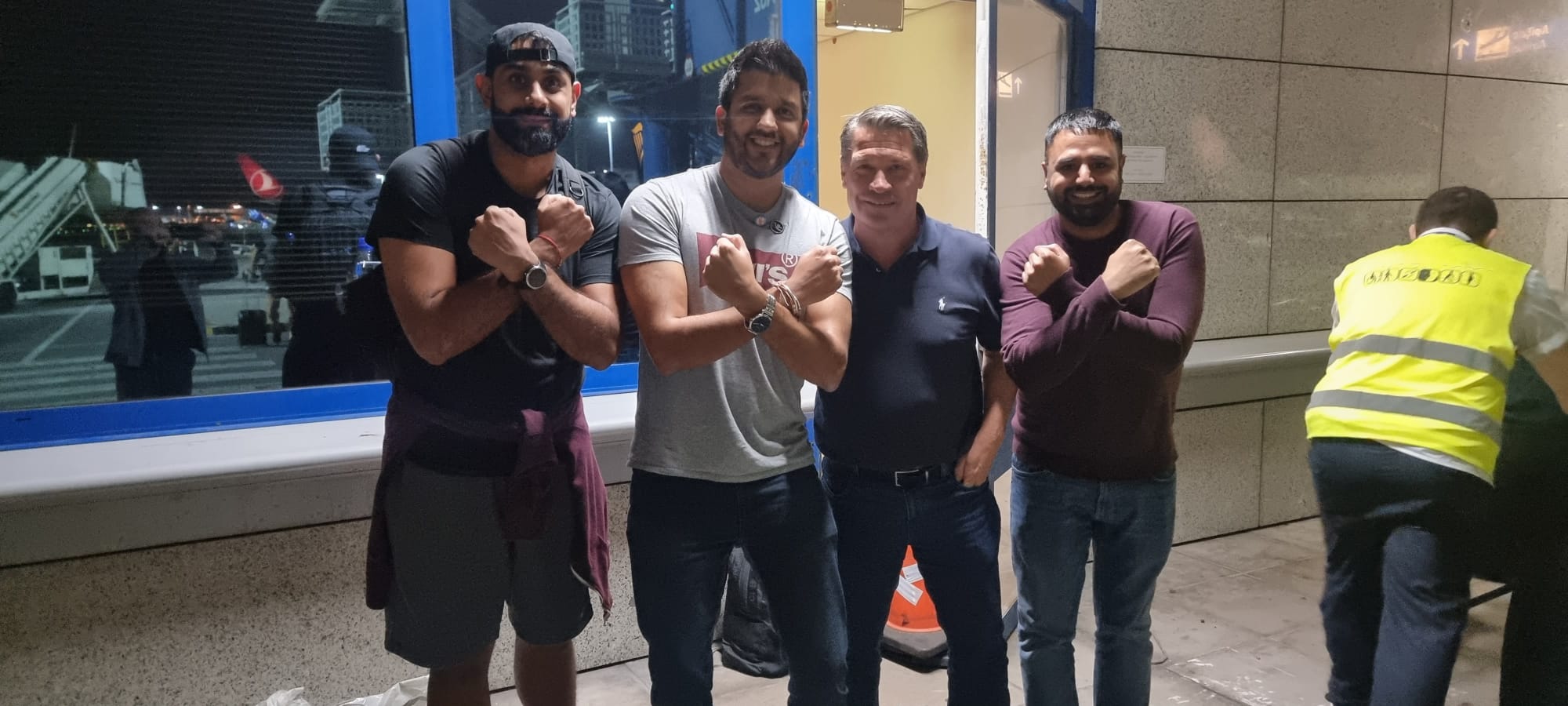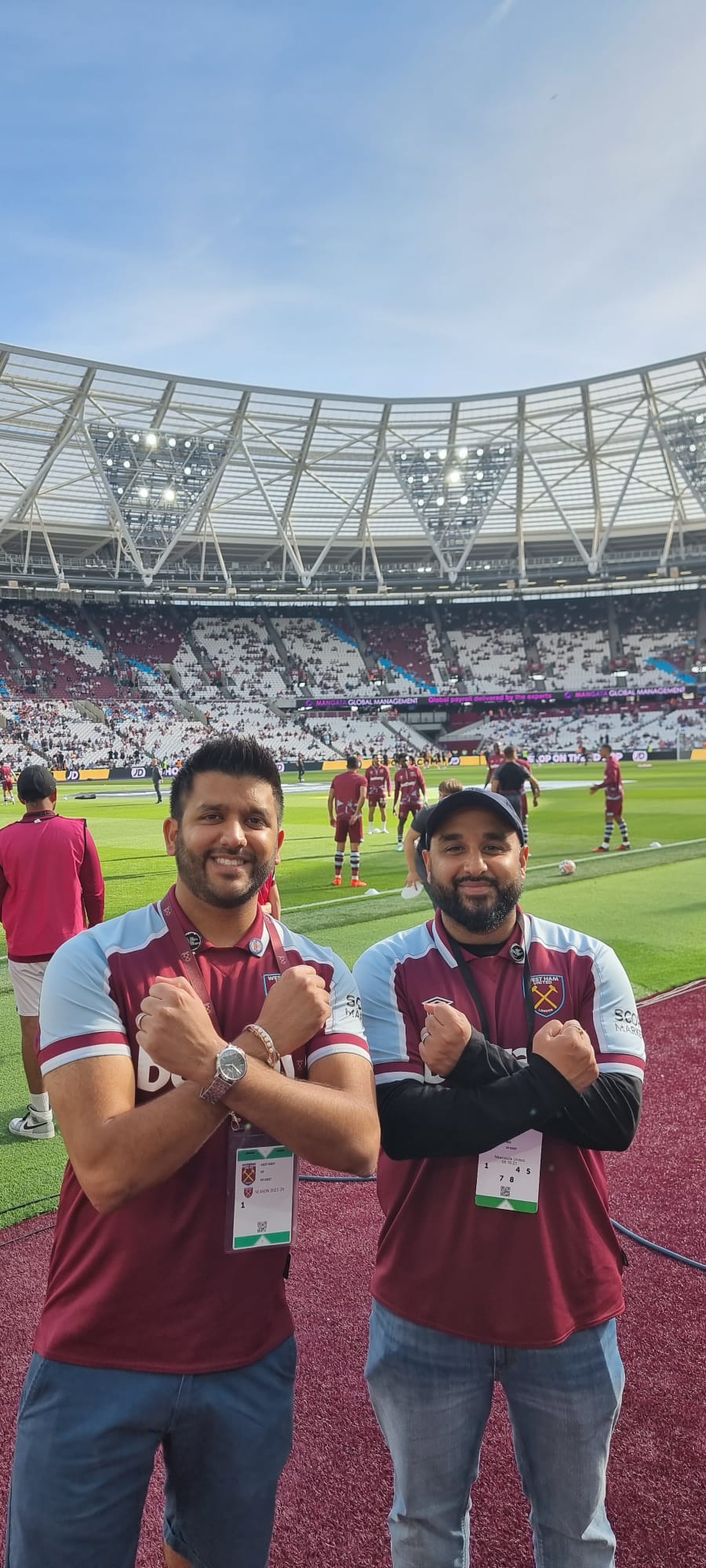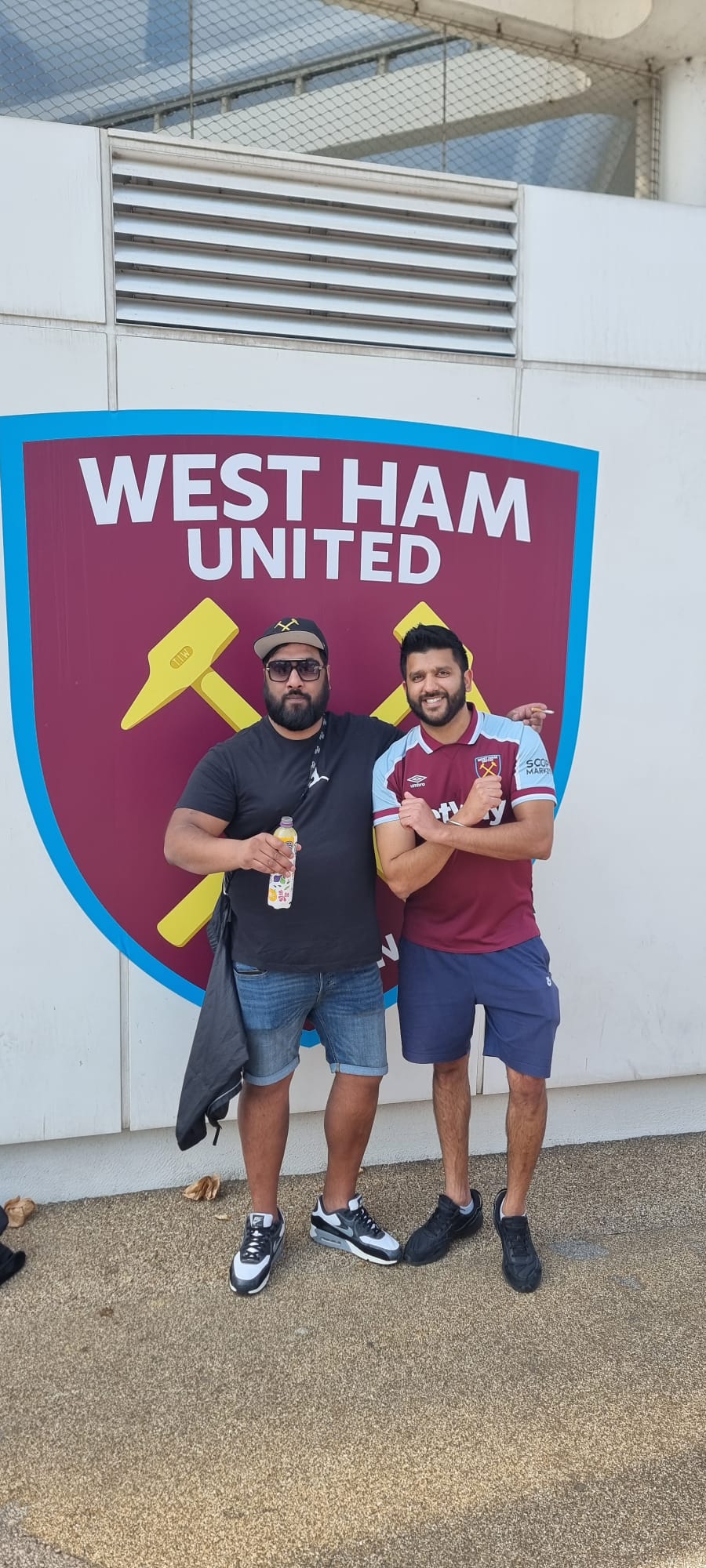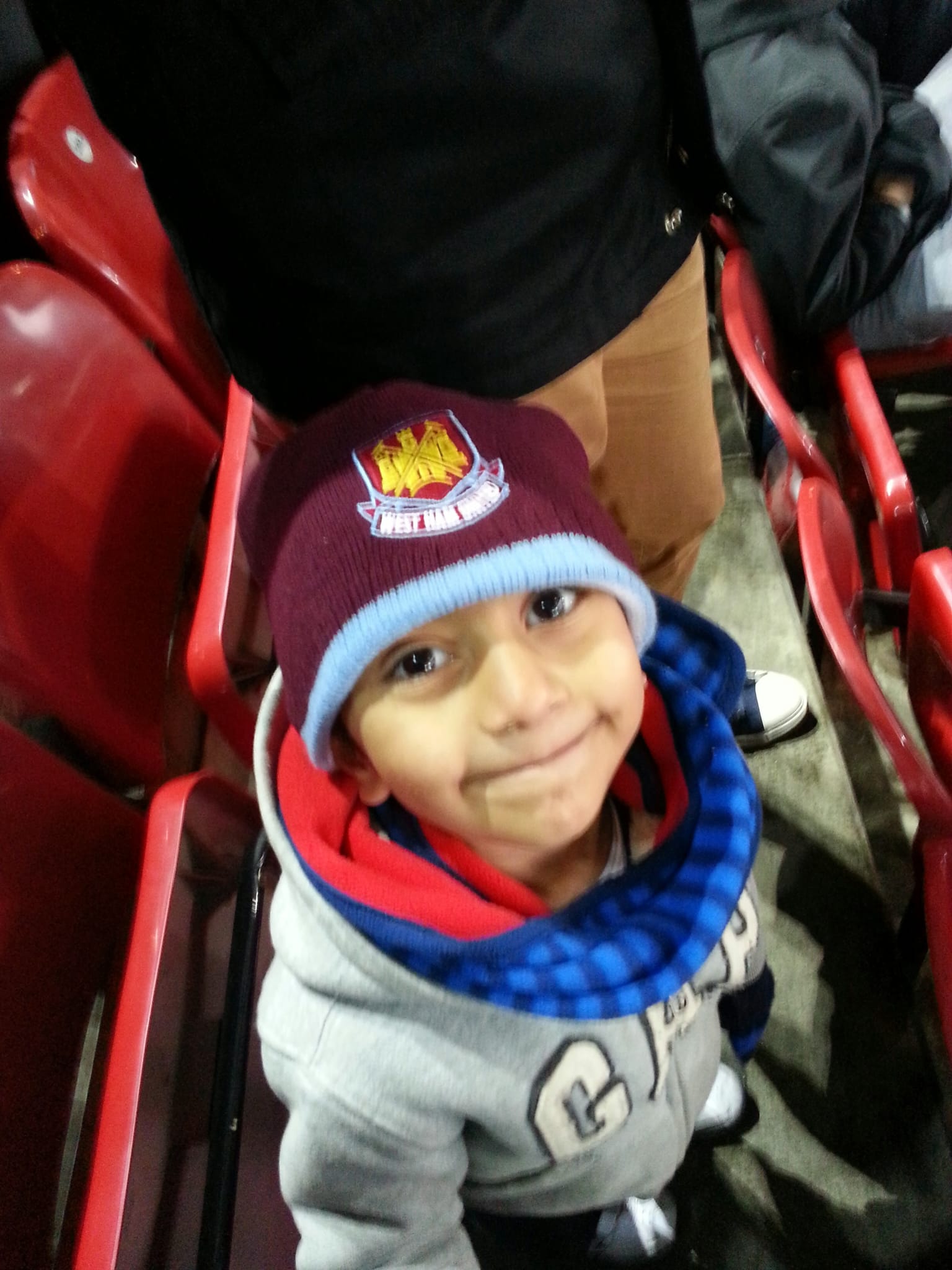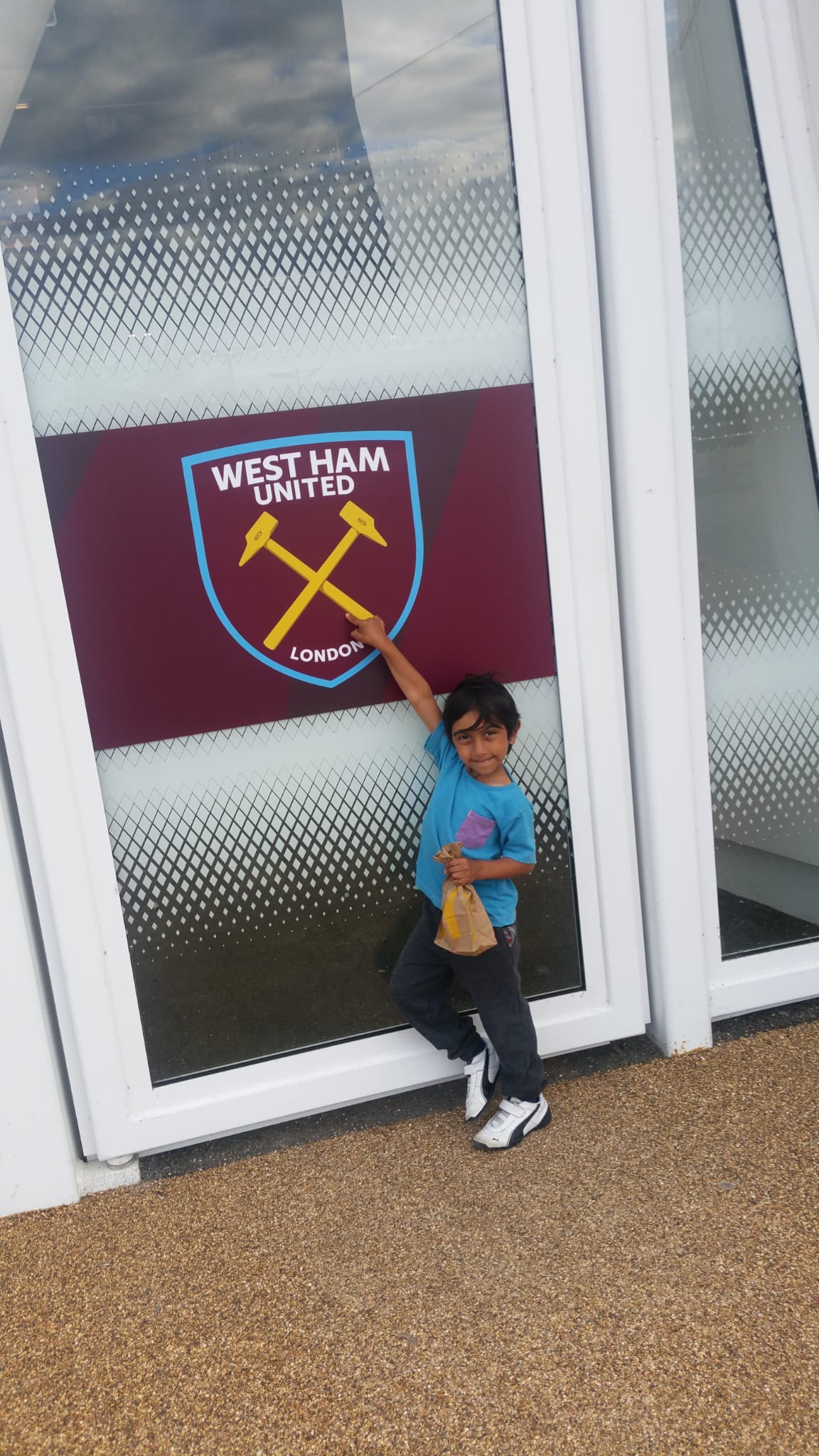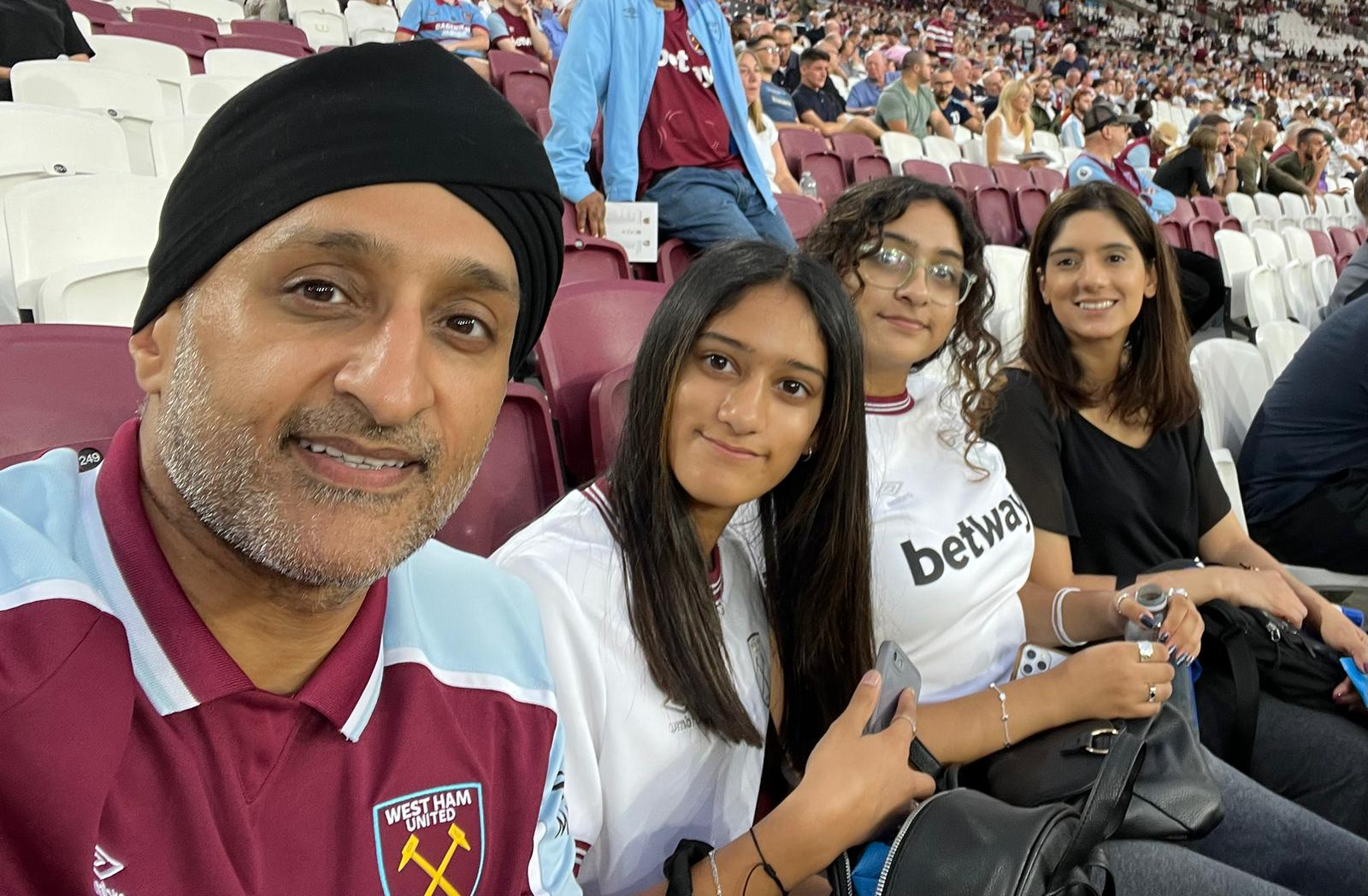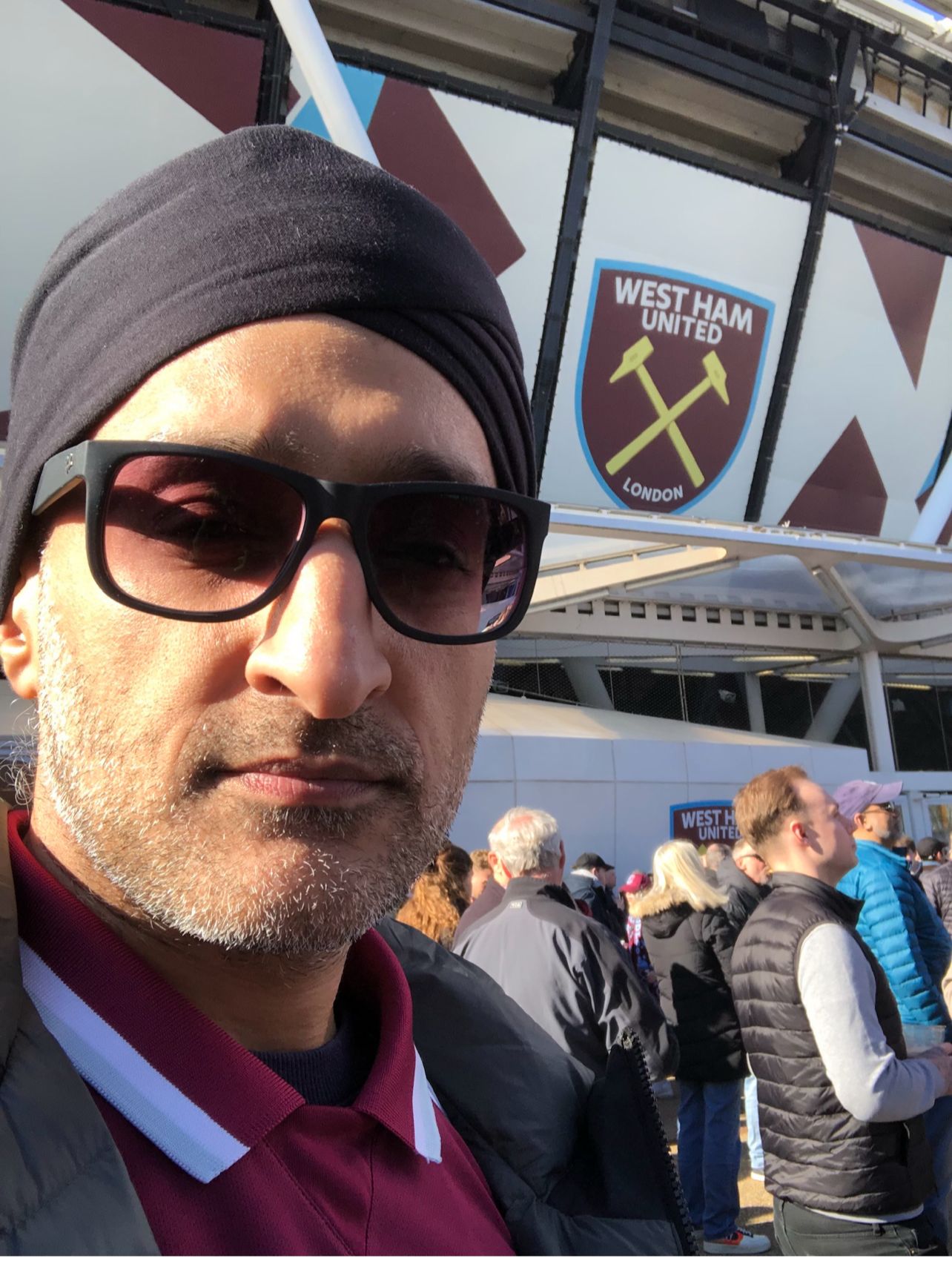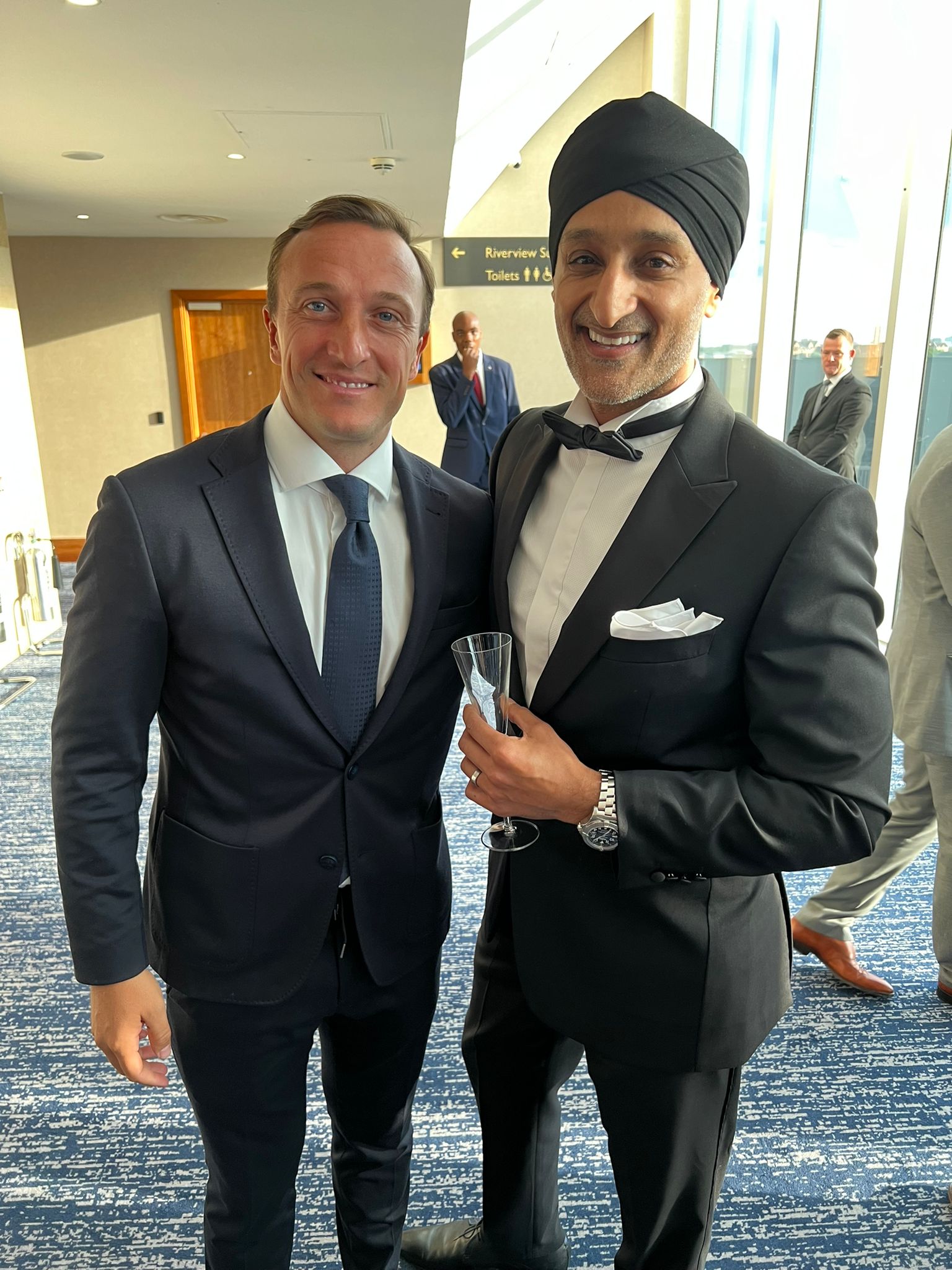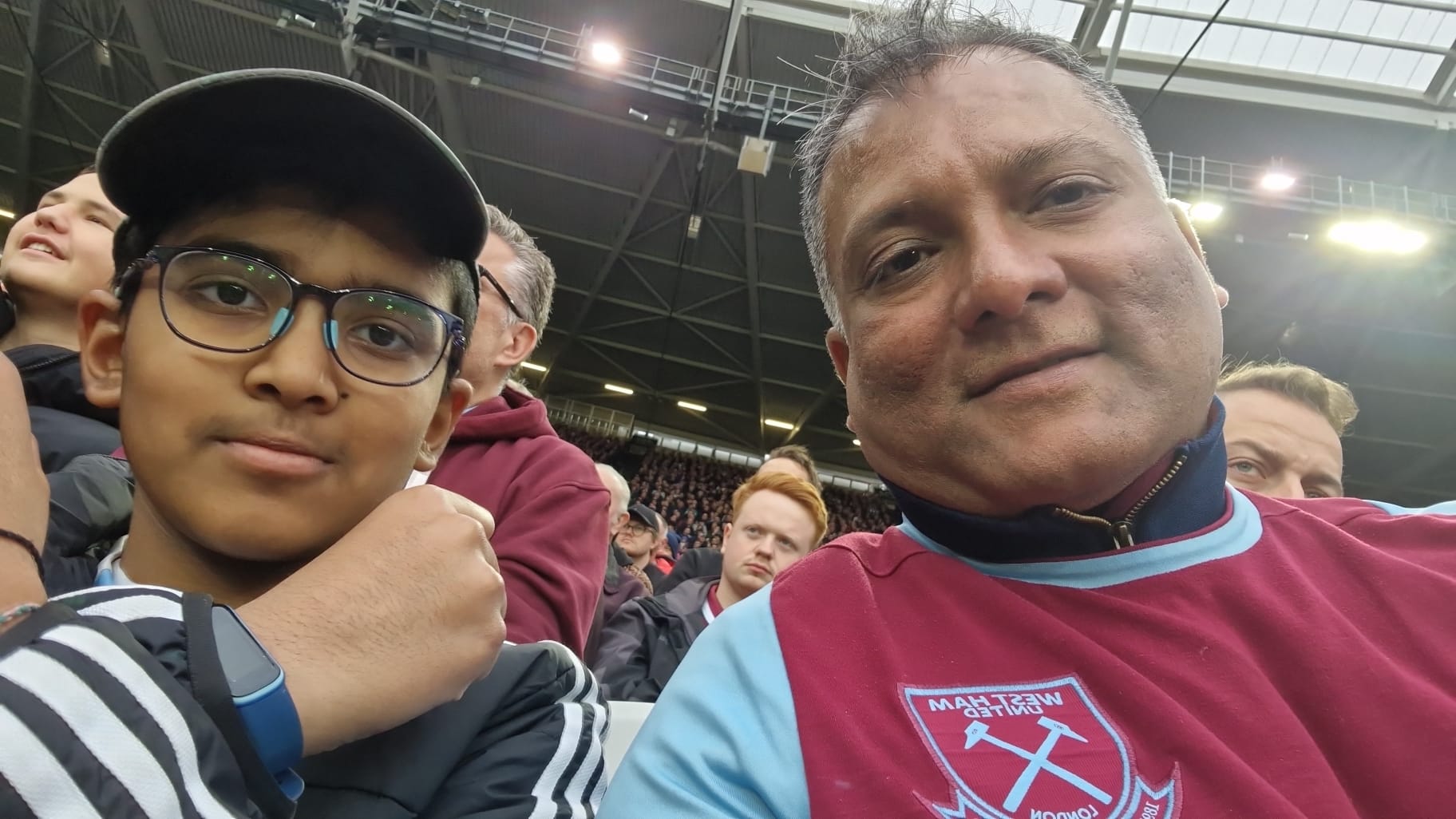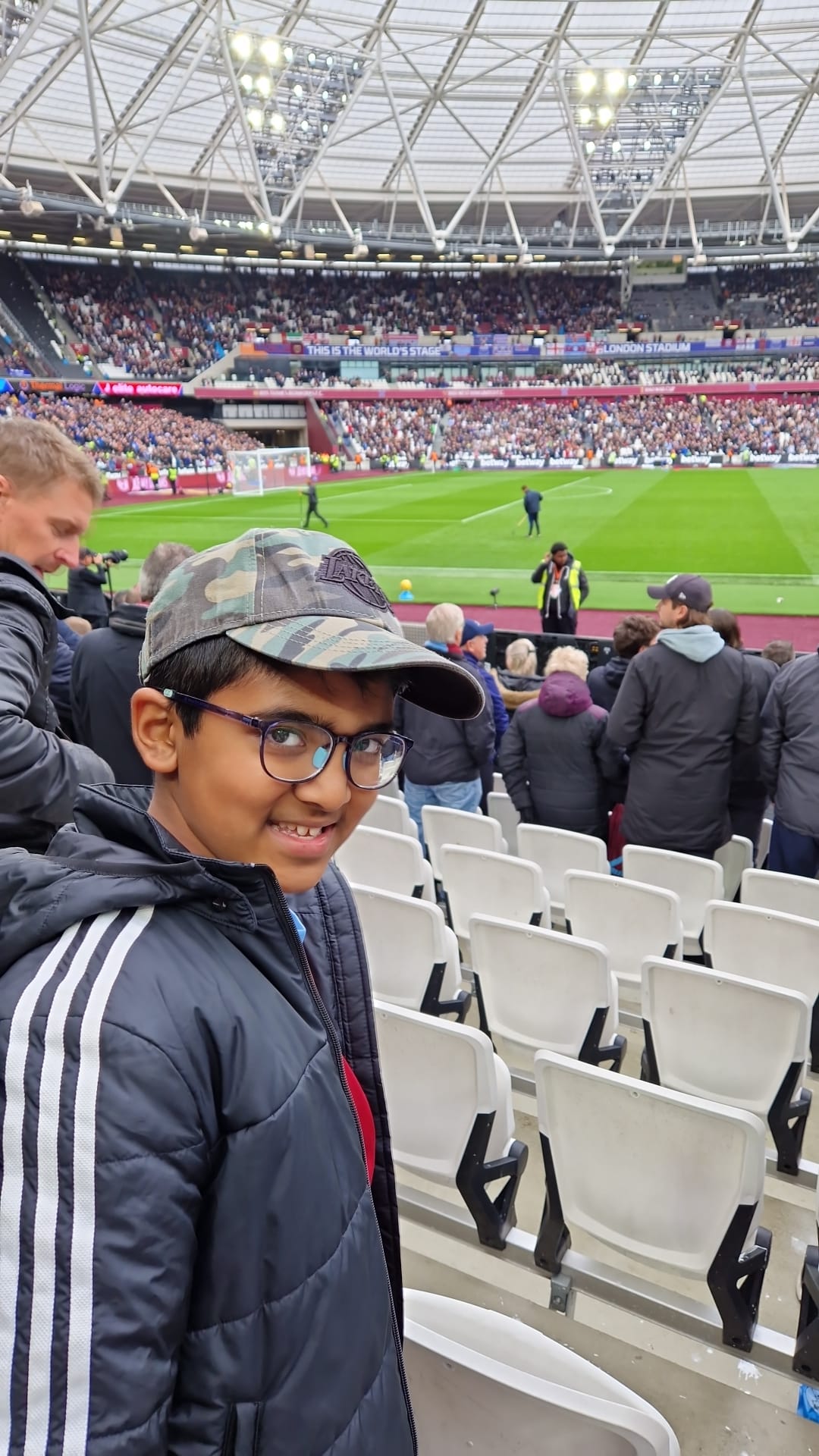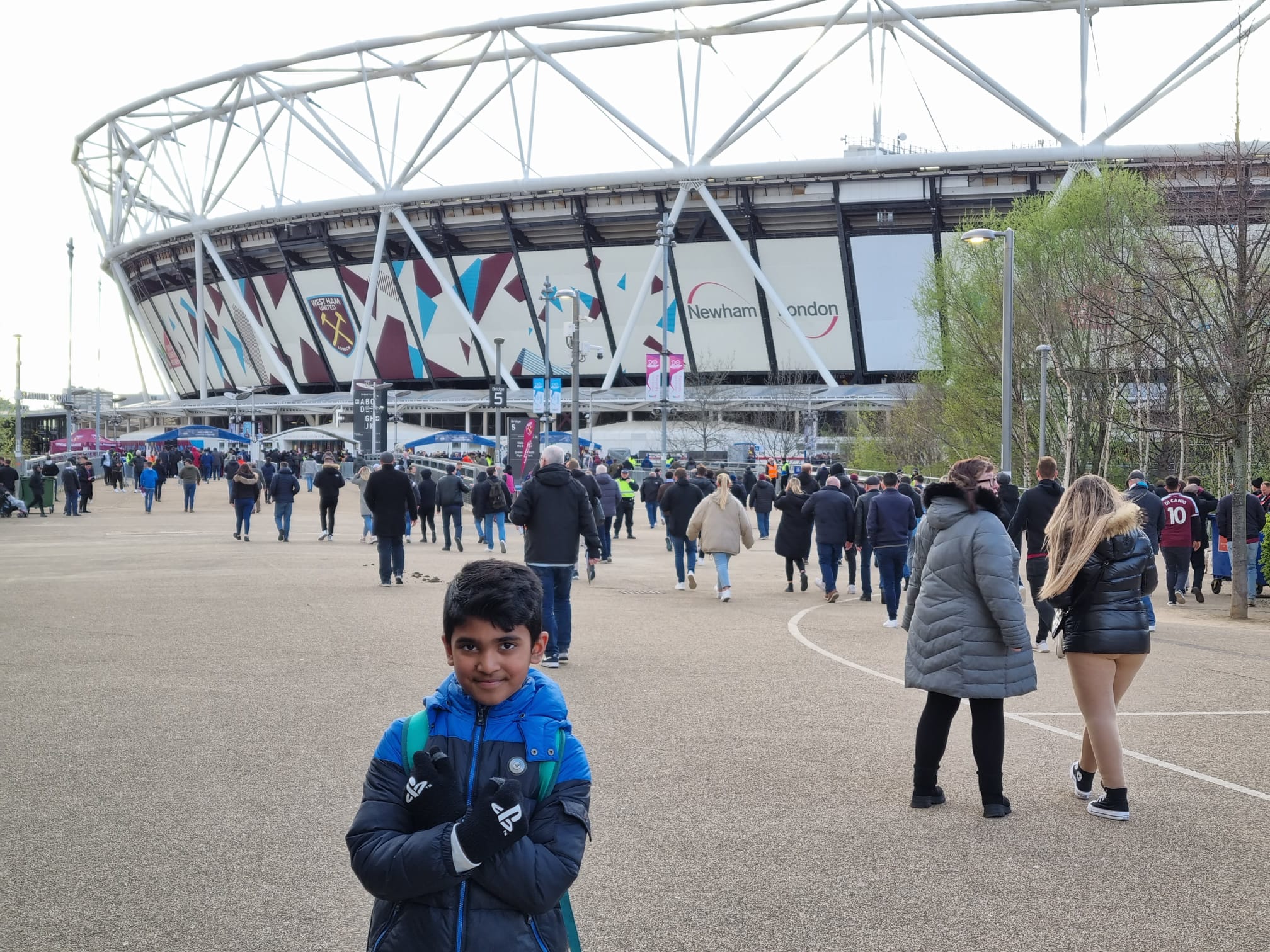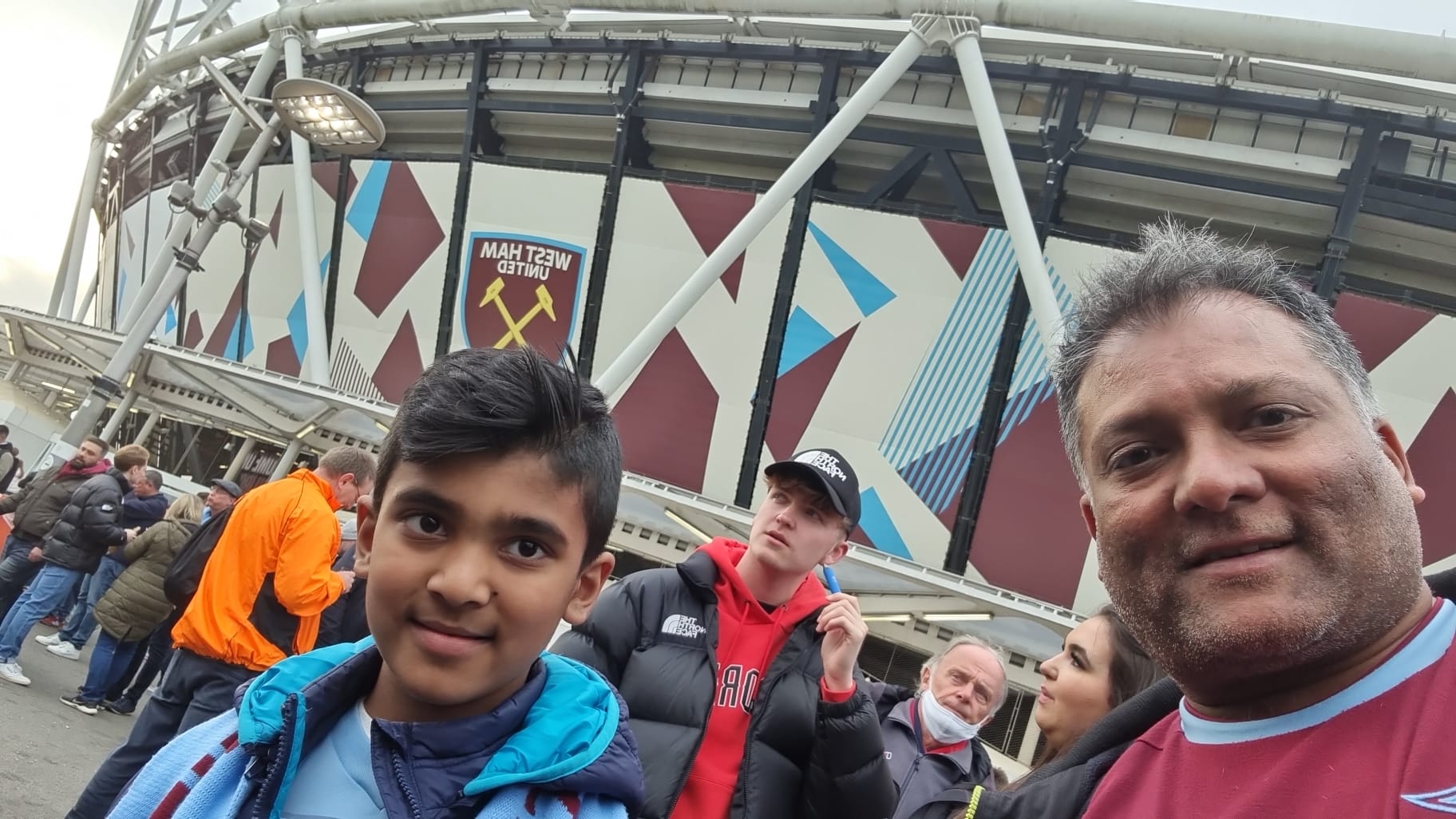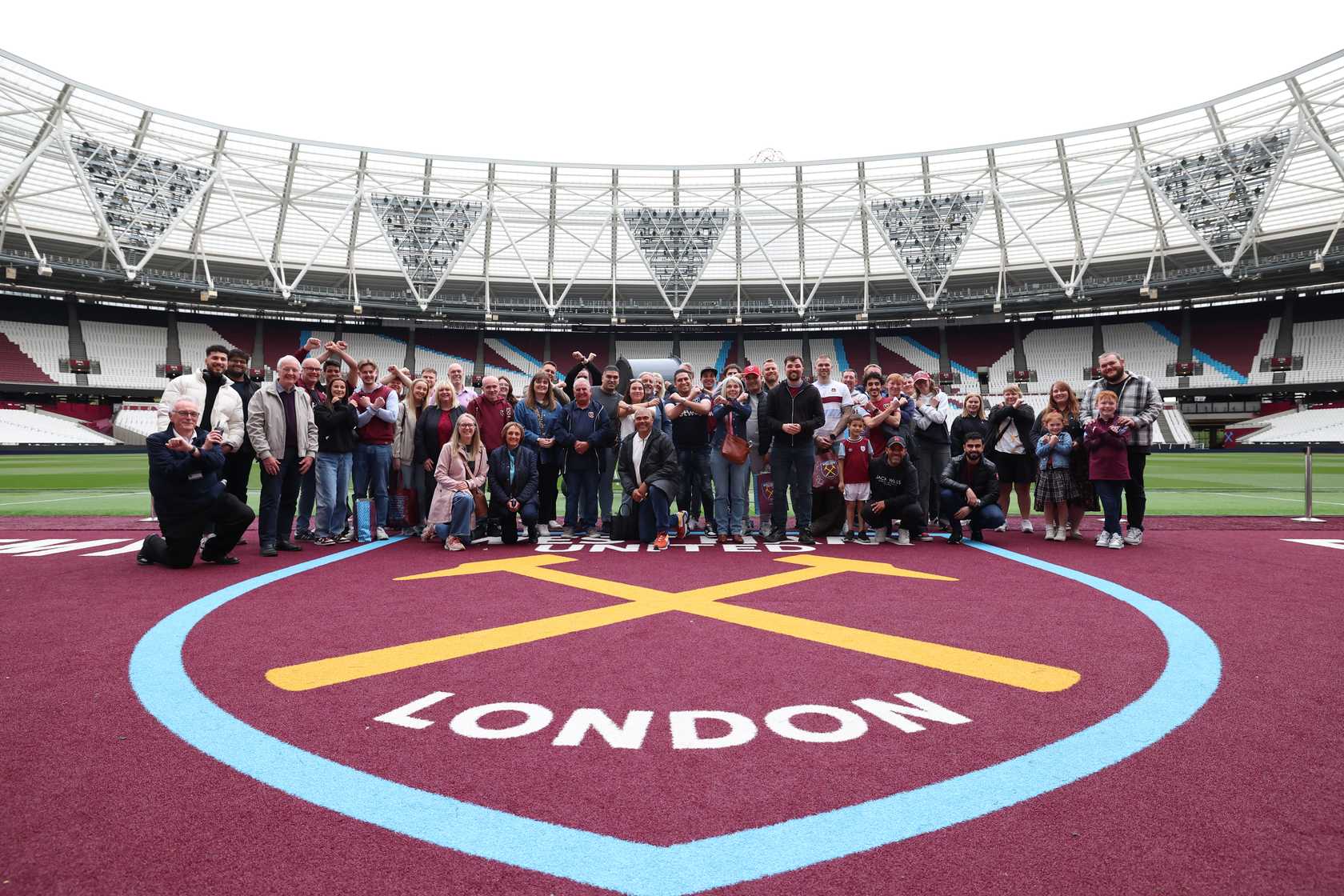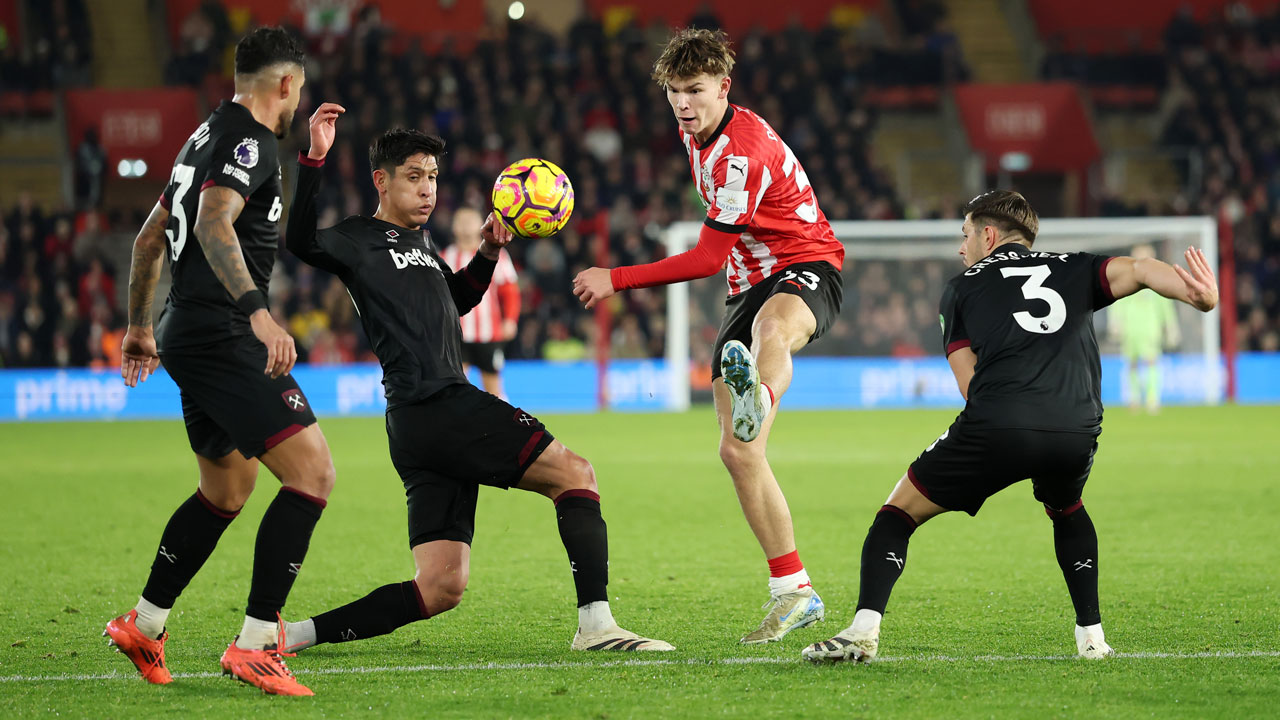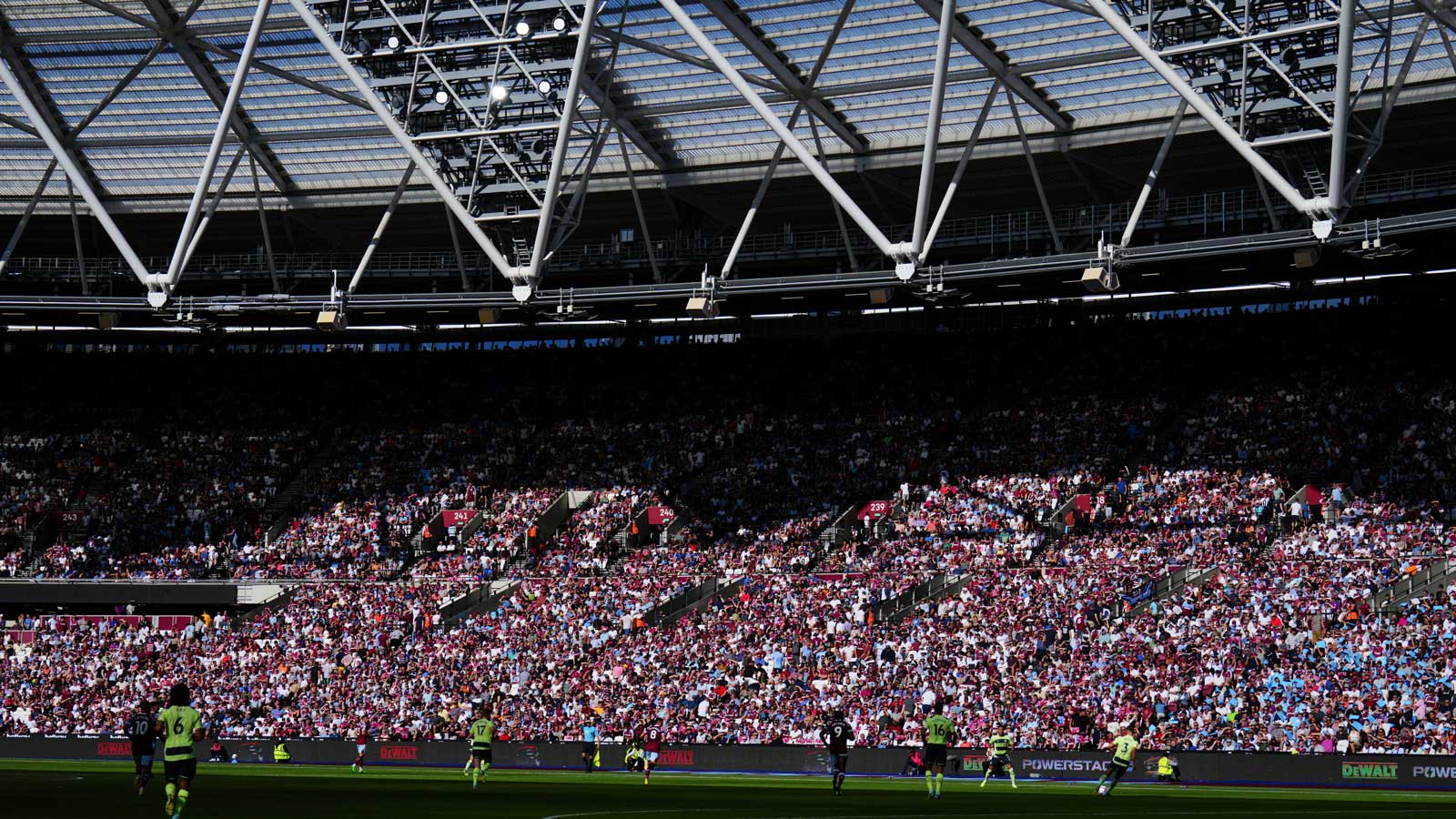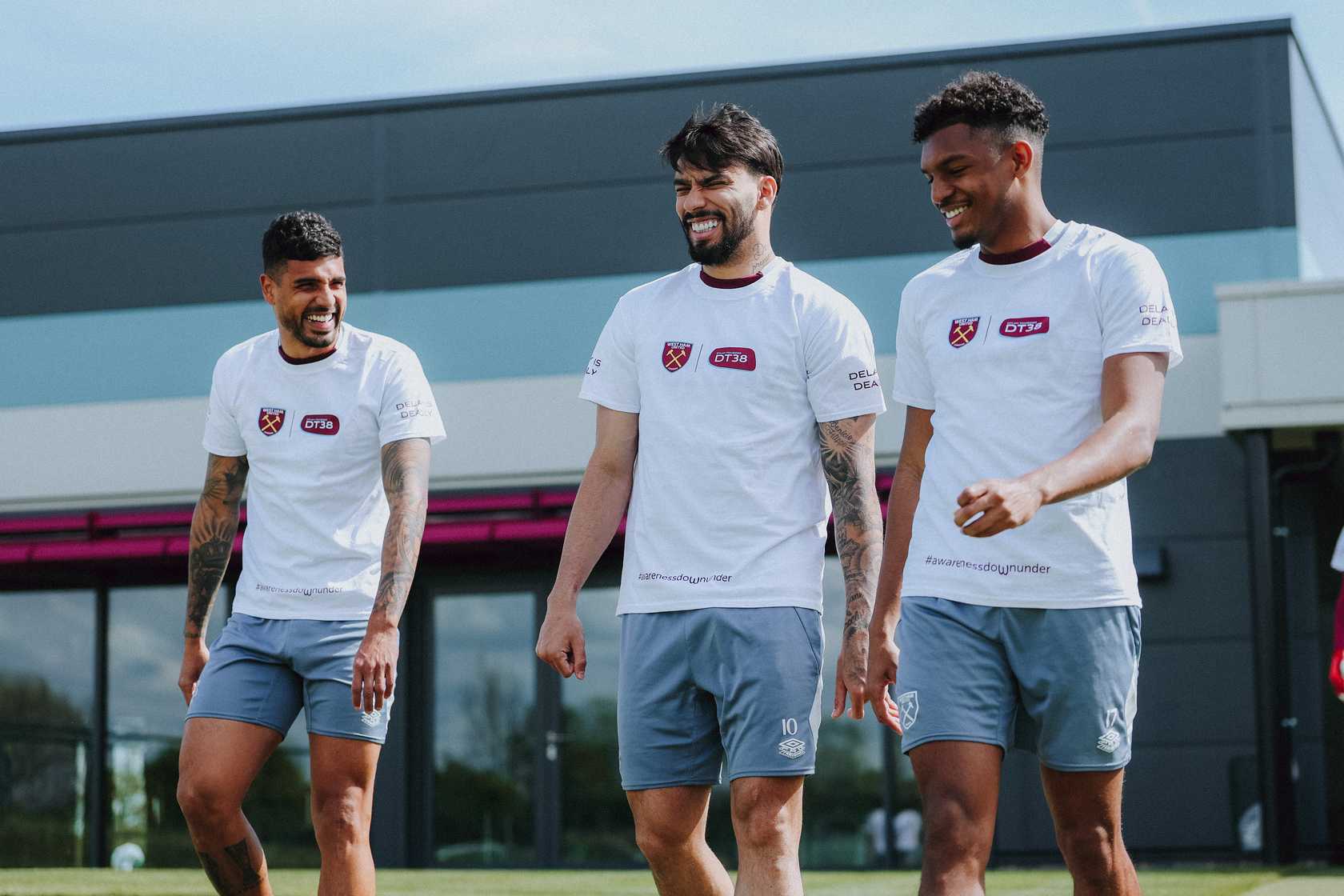Each year, millions of Hindus, Sikhs and Jains across the world celebrate Diwali, the annual festival of lights which symbolises the spiritual victory of light over darkness, good over evil, and knowledge over ignorance.
Around 30,000 people living in Newham follow one of the three Indian religions celebrating Diwali 2024 on 31 October and 1 November, and among their communities are thousands of West Ham United supporters.
Like many religious festivals, the celebrations involve visiting the place of worship, the lighting of lights and candles, eating of traditional food and spending time with family members.
To mark Diwali 2024, we spoke to three West Ham fans, one a Hindu, one a Sikh and one a Jain, to find out more about the festival and what their religion, community and football club mean to them.
Apu Vyas is a Hindu and Co-Chair of Inclusive Irons, a supporters’ group launched in 2020 to increase West Ham’s fanbase in local communities, while fellow Hammers Abs Singh is a Sikh and Hiten Shah is a Jain and, like Vyas, both are lifelong supporters and regulars at London Stadium…
How would you describe Diwali if asked by a fellow supporter who does not follow any of the religions which celebrate it?
Apu: “Diwali for Hindus is a celebration of the triumph of good over evil, light over darkness. Our mythology tells the story of the kidnapping of the princess Sita by the demon Ravan and her epic rescue by the noble prince Rama. It is celebrated with lots of lights and candles and food, especially sweets and being with family.”
Abs: “Sikhs celebrate Diwali to commemorate the celebration of our 6th Guru, Guru Hargobind, and his release from prison. He refused to leave prison until he was able to bring 52 imprisoned princes with him. So it is a celebration of righteousness and justice.”
Hiten: “It is a festival of light which marks victory of light over darkness, good over evil and new beginnings which brings togetherness.”
What do you do to celebrate Diwali?
Apu: “For us Diwali is a happy merry go round of visiting the temple, saying our prayers and then visiting family dropping off sweets whilst trying to coordinate with everyone as they are all out doing exactly the same thing! We dress up in our colourful cultural clothes and in the evening we will get together for a big family meal. For some Hindus, Diwali coincides with the new year in the Hindu calendar the next day so we get twice the festivities!”
Abs: “It is a family affair, one where we celebrate the lightness of life and our love for each other. We light candles around the house and visit the Gurdwara. There are lots of celebratory Indian foods and sweets and much merriment! The evening is usually filled with many, many fireworks!”
Hiten: “We decorate our homes, light candles and place oil lamps called diyas. Some family perform religious ceremonies, visit the temple and we enjoy sharing sweets and gifts with friends and family. We also tend to eat lots of different vegetarian foods.”
What does it mean to you that West Ham United, your football club, shares a message of celebration each Diwali?
Apu: “We live in a multicultural society and the more we get to know each other, the more tolerance, friendship and community we can build. Football has a huge part to play in that because everybody loves football and everybody talks about it. As a minority, it is hugely important to feel included and West Ham has a diverse fanbase and it has always been at the forefront of inclusion and diversity and so it always fills me with pride to see West Ham recognise and celebrate the religions of the world.”
Abs: “It means everything! Being part of the West Ham family means there is a sense of togetherness and belonging. Having one’s cultural celebrations acknowledged by the Club shows that the Club knows its fanbase and promotes inclusivity.”
Hiten: “It means a lot as it give other people a background of who we are and that at football matches the common ‘religion’ is supporting the same team no matter what your background is.”
As members of the West Ham fanbase, how inclusive do you find being a supporter and coming to matches at London Stadium?
Apu: “I have been going to West Ham since the ‘70s and as a kid, I often felt an outsider going to football until I got into the ground and then I belonged and it was us against them! Times have changed and I feel just as much a West Ham fan as anybody else going to watch the Hammers at London Stadium.”
Abs: “I love it! I always have a great time at the London Stadium with friends and family and am proud to have brought my daughters into the fold. I feel as comfortable as you can be at the games – though I’m nervous watching us play!”
Hiten: “As a fan, we have always been made to feel inclusive and love the way everyone bonds with each other (especially when we win). We've also made lots of friends just chatting to people at matches.”
Do you feel the fanbase increasingly represents the community of east London, including members of the Hindu, Sikh and Jain communities?
Apu: “Historically, there are huge numbers of Hindus, Sikhs and Jains who grew up in and around Green Street and support West Ham. Football wasn’t always welcoming to minorities and many will remember the walk from Upton Park station to the stadium and all the shutters being down as shops closed whilst tens of thousands of football fans made the trip to and from the stadium. That changed over the years and with it, there are more and more Asians going to watch West Ham at London Stadium. There could always be more, as the crowds for the parade showed the breadth of the supporter base.”
Abs: “Increasingly, yes. You only have to look at the trophy procession following our victory in the Europa Conference League. We were all proud, happy and full of hope.”
Hiten: “Yes, definitely! Having grown up most of my life in East London, it become part of the Asian families’ heritage. Many of my school friends supported West Ham too, years ago!”
